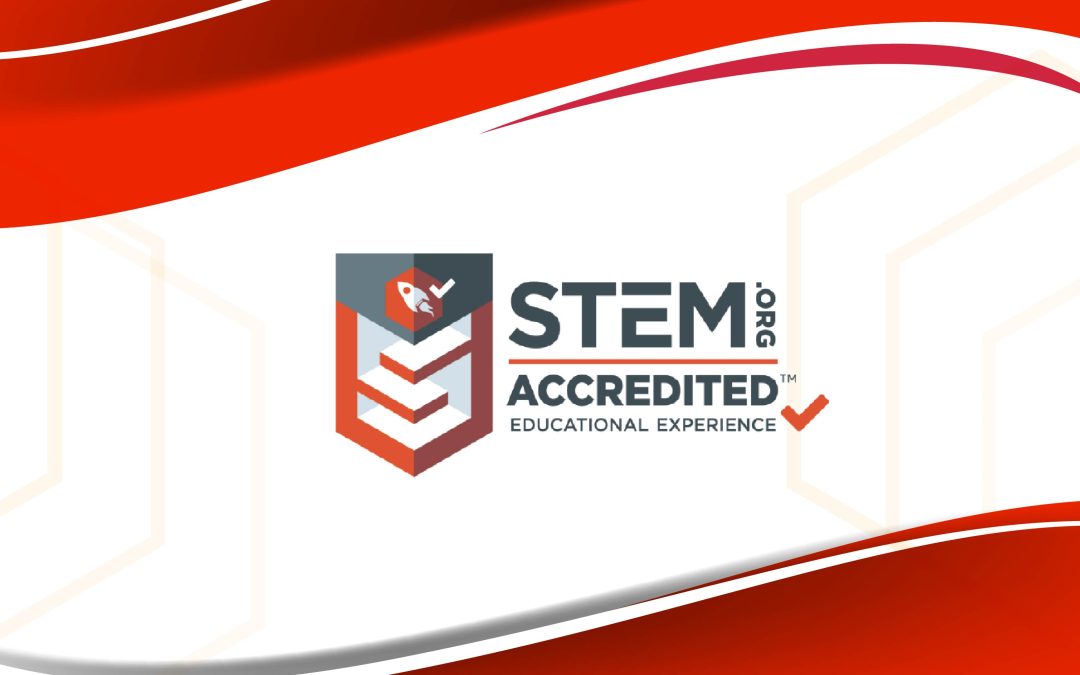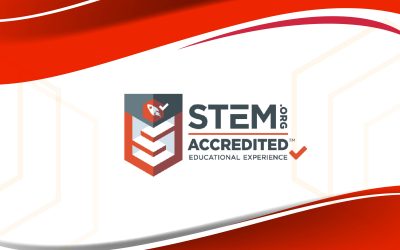How is online academy the future of education?
When we say ‘school,’ it draws a very conventional picture of a tangible building consisting of stifling classrooms, blackboards, uncomfortable desks, a shelf-packed library and students reaching their early morning with their weighing-down bags.
Technology trends have been trying for a long time to shatter this image to build a new one – online education. In fact, the first-ever online course was offered in 1984 by the University of Toronto! However, it took almost four decades to convince even the most educated minds that online school can be a real thing, and it is primarily due to Covid. So much so that education industry experts say that the COVID-19 pandemic has changed education forever. The demand for online education has grown by leaps and bounds. The last two years have seen record-breaking enrollment, and universities, schools, and academies have successfully launched more online programs than ever to meet the ever-increasing demand.
Let’s find out what made students, teachers and parents on board the ship of online education and realise that it’s better late than never.
Benefits of Online Academy
1.Flexibility
The first advantage that comes to the minds of students and teachers is the same one that comes to the mind of job-oriented people: flexibility. You do not want to leave the house on some days, eliminating the daily grind of getting to school on time while fighting traffic and even pushing through illness to attend class. Online learning facilitates not just flexibility but also self-care and comfort without compromising on discipline. Because when you are attending an online school, you might not be attending the class at 8 in the morning, but that does not mean you are not reaching it on time. Students and teachers are free to prepare and follow their own timetables. Thanks to features like a chatbot offered by online learning platforms like LogicPad, teachers and students can also mutually decide a time. Another flexible option students get is a bite-sized learning approach. Unlike offline classes, where you must attend the class for a set time period.
2.Accessibility
From waking up to going back to bed, something or other keeps even the tiniest soul busy on Earth. People are over-scheduled. They could be travelling and not always at home. Students could be at their best friend’s place and might want to attend the lecture from there. With offline education, it is impossible to participate in your choice of class at your place and time. However, online education allows you to access the course from wherever and whenever you want.
3.Cost-effective
Education is a costly affair, especially when you take the traditional route. As if the tuition fee is insufficient to burn a hole in parents’ pockets, schools also ask for donations to build so-called smart classrooms.
Online classes are available at a lower price for a few reasons.
- Less overhead cost: Online education is possible with a computer or laptop. Unlike physical classes, it doesn’t demand a building with classroom space, physical books, notebooks, pen or paper, building utilities, etc.
- Unconventional (but qualified) teachers: You don’t need a university-level teacher to learn a craft or hold a firm grip on a subject. People with specialised experience might not qualify in academia, but they are willing to teach valuable courses at meagre costs, and online academies give them this opportunity.
- Reusable material: Teachers creating online courses can recycle the same content for future students. There is no need to administer the course in person continuall
4.Best education
Online academies tend to serve the best education because they are home to excellent teachers and expert-created courses. For example, in a physical school or college, only those teachers who stay in the nearby areas or the same city will join. However, online the professor can even be from another country. In fact, your teacher can be an expert. For example, if you choose to study history, then your teacher can be an archaeologist and not just a post-graduate professor.
5.Varied subjects
Offline schools and colleges cannot always hire professionals for every subject in the world. So, they offer only the subjects that are more in demand. Additionally, the syllabus designed has limited chapters. Therefore, if there is just one or handful of students opting for a subject or are interested in learning a little more than others, physical academies can disappoint them.
Online academies remove this barrier not just for students but for teachers as well. For example, if you are a professor interested in tuition a subject desired by fewer students, you can even launch your own academy or create your own course, and Launch Pad is one such platform.
6.More interaction
Prima facie, it looks like you will get more opportunities for interaction offline than online, whereas the other way round is true. Colleges and schools create insular environments by exposing you to the same people daily. Whereas the internet’s borderless nature lets you meet people even on the opposite side of the globe, allowing more depth and growth as you explore your education and gain new skills. Interaction with fellow students and teachers happens in real time if the course includes live webinars or live-streamed videos. If the learning platform allows making study groups, then that also leaves room for meeting new students.
7.Smart Writing Tools
When we talk about online education, it is not only about taking online classes; even the study material is available online and solving questions is also done on a smart device. In other words, you can do it all without using pen and paper. In fact, technology has even made it possible not just to write simple sentences with the help of a keyboard, but you can also answer mathematically or write mathematical equations on screen as you would do on paper. Learning management solutions like LogicPad has made this possible.
8.Interactive Sessions
Online classes are any day more interactive than offline classes, and the credit goes to a plethora of engaging options such as explaining a concept with the help of creative videos, showing documentaries to help students gain a better understanding of the history, etc.
Students learn real-world skills that improve their sessions more than the lessons taken within the four walls. For example, students learn to send emails, attach documents, and share files online at an early age.
9.Individual attention
Online courses are best for students who are weak in a particular subject and feel the need for a personal coach. In a physical school, you have no choice but to study in a group. Whereas online, you get a direct pipeline to the teacher via e-mail and solve your problems directly. Moreover, students do not ask questions in class for fear of feeling stupid; individual sessions eliminate that fear. Another significant benefit of individual online courses is that you need not wait for your questions to get answered that came to your mind after the class. You can immediately send your query to your teacher via e-mail and, perhaps, get it solved promptly.
10.Advance a career
Online courses are for everyone. There is no age barrier. People above the age of 30 years often feel shy to join a physical class because they think they are too old for the class. The online academy is perfect for enhancing their skills without feeling judged. Moreover, people at this age also choose an online platform because they work and do not have time to attend an offline class. In contrast, an online course offers them the flexibility to participate in a session at their own time, place and pace.
Online academies are excellent opportunities even for teachers who want to start their careers as a beginner or join the industry after a break. Offline schools and universities often allow teachers to join them only when they are experienced in online academies. Platforms like LogicPad are even ahead of everyone because it lets teachers start their own academies and design courses.
Conclusion
Online schools are wholesome because they are beneficial not just for one party, say either teacher or students, but for both, and perhaps that is the key reason that online classes are the future of education.








